Dante’s Beach, Ravenna
The closest I get to a social life these days is when I sneak out into town for an hour or so to buy red wine, trying not to get caught by my wife and six children. I have found a place that sells a fantastic Sangiovese at €2.60 a liter which is dispensed like gasoline from a cask behind the counter into one-and-a-half liter plastic bottles that once contained mineral water.
I buy four bottles each time I go. Once home I smuggle them through my study window, then I enter the house through the main door as if I had come back from a hard day’s work. The wine is simple peasant stuff so, unlike most bottled wine, it contains hardly any chemical additives such as sulphites. Regardless of the damage being done, at least there is no hangover.
The place I buy it from does not really have a name. It is not licensed to sell wine to drink on the premises, but tasting is perfectly acceptable. There are four or five chairs scattered about amid the casks and wine racks for those who like to linger.
It reminds me of the place Lawrence Durrell wrote about in Bitter Lemons, his hilarious but heartbreaking account of colonial Cyprus in the 1950s as it descended into the bloody war for independence. Fed up with “the Coca-Cola bars and pubs” of Kyrenia, he went off the beaten track to “canvas its values at a humbler level” and came across Clito’s Tavern: “But his was not really a tavern so much as a wholesale wine-shop with a few chairs for customers who became too argumentative or bibulous to leave: it was understood that before buying a liter of wine one had the right to sample the contents of each and every butt which lined the back wall of the cave.”
I call the Ravenna equivalent of this “God’s Tavern,” for a very good reason. It is run by Claudio who was once a semi-professional soccer player and the frontman of various bands. One was called Birra Gratis (Free Beer) in order to entice passing motorists into the bar where the band performed.
Most people in the Romagna have nicknames and his is “God.” I know this because when I went in the other day a man I had not seen before but who obviously knew him well was shouting about this and in Romagnolo dialect, which I find hard to understand. He was gloriously but not violently drunk.
I smuggle the wine through my study window, then enter the house as if coming back from a hard day’s work
On the counter in front of the wine casks there was a huge white polystyrene box. It contained about a dozen eels, freshly caught and frozen.
“Who are you?” he bellowed at me.
“I’m Nicholas,” I replied.
“Well, I’m a stronzo [piece of shit] because I tell the truth!”
I asked him to speak in Italian as I could not follow the dialect.
“The people are trampled down ever more!” he announced.
“But the left have no solutions,” I replied.
“God, get this inglese a drink!” he shouted at Claudio and we sat down side by side.
“God?” I asked. “Surely not?!”
He began swiping through the list of contacts on his phone and sure enough, up popped the name “Dio.” He called the number and the phone behind the counter began ringing.
God and his friends had got hold of these prized creatures to cook on a purpose-built grill in a farmhouse
This high-spirited stronzo is called Danilo and his nickname, he told me, was Il Farmacista (The Chemist) because of the sins of his youth. These days he instead traffics honey and erba medica (alfalfa grass). Claudio’s nickname has nothing to do with the earthly paradise he presides over, it transpired, but his Christian name and surname which both contain the letters “dio.”
The eels, I learnt, were God’s. He said that they were from the lagoon at Comacchio in the Po Delta just north of Ravenna where they are caught as they set off on their odyssey to the Sargasso Sea, where they breed and die, by means of complex traps that use the currents to funnel them into concrete channels from which there is no escape. A strong wind is vital, a full moon fatal.
God and his friends had got hold of these prized creatures to cook on a purpose-built grill in an uninhabited farmhouse. The Chemist had not been invited. I did not press him on this point, but he said: “God doesn’t have a clue. These eels probably come from a fish farm in somewhere like Slovenia. The best eel I ever had was cooked by the Comacchio gravedigger. His daughter was the most beautiful girl in the entire town and the only one I did not manage to trombare.” (Trombare, literally trumpet, is slang for fuck.)
Sadly, the gravedigger is dead, the Chemist said, but he promised to take me to a place where they know how to prepare and cook a proper wild eel. “Slowly, very slowly. You must degrease it.”



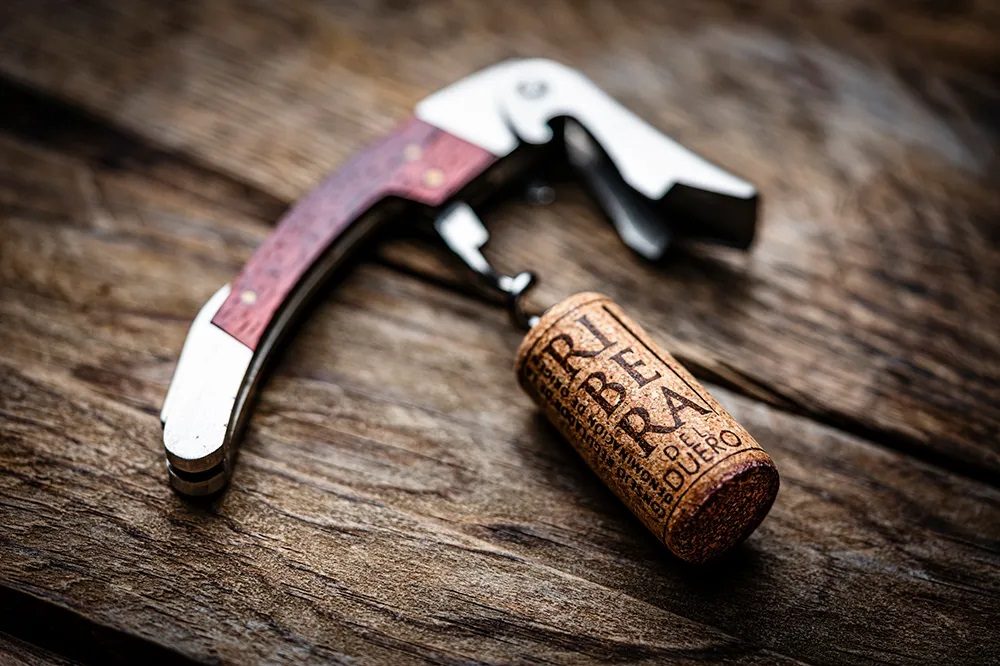







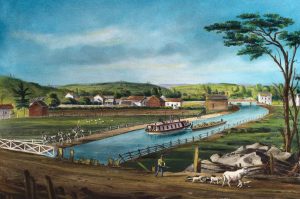
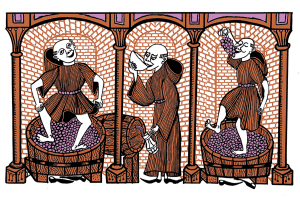


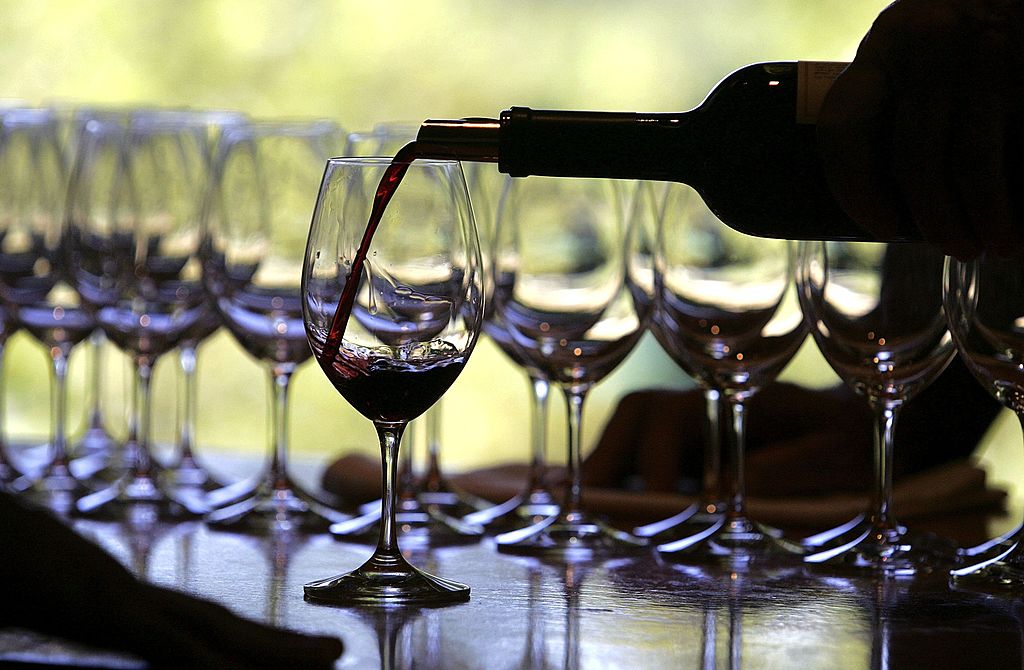
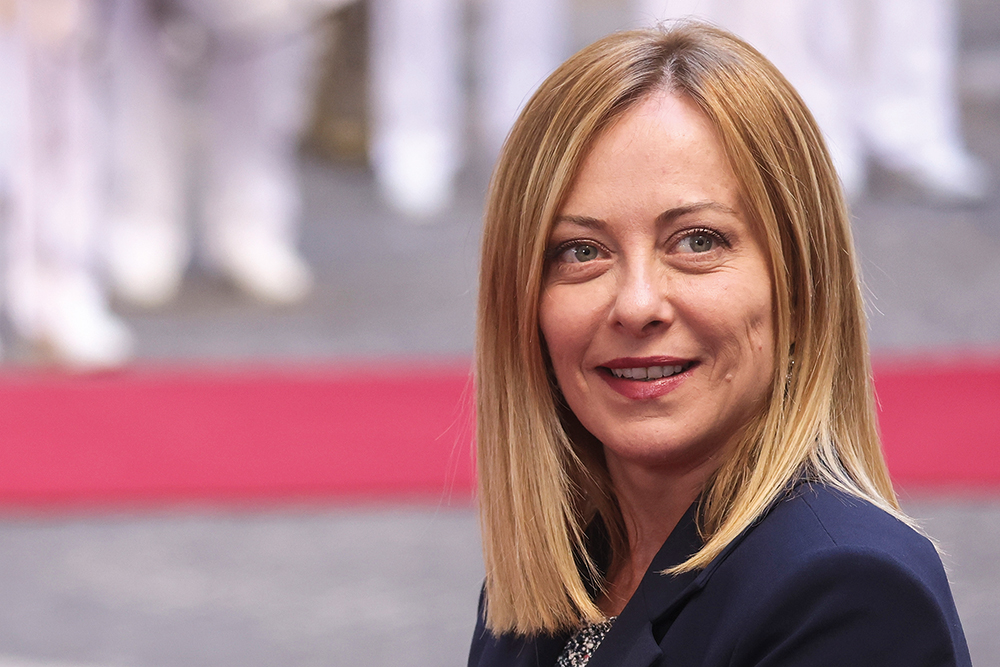









Leave a Reply